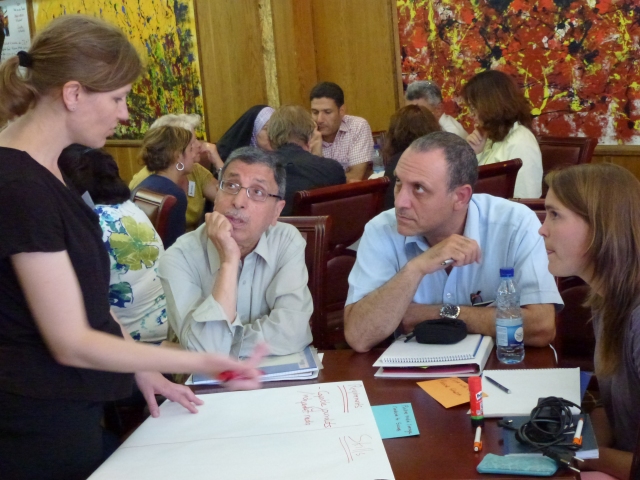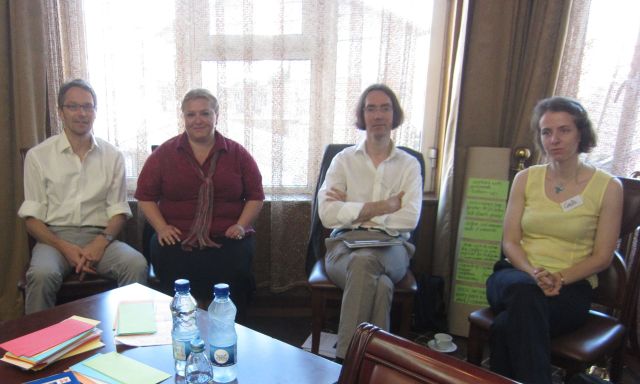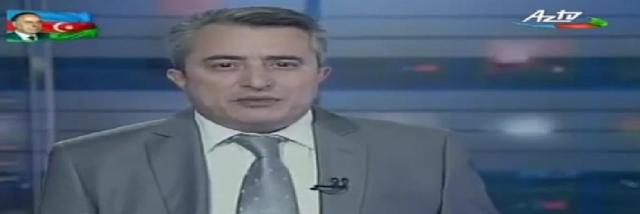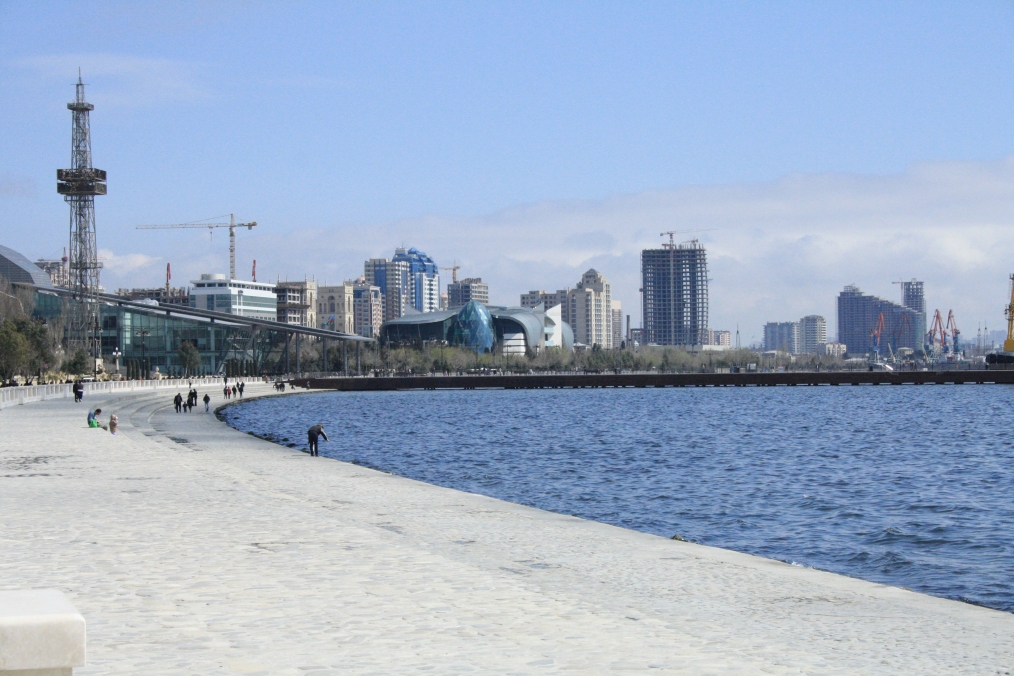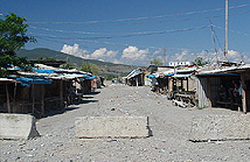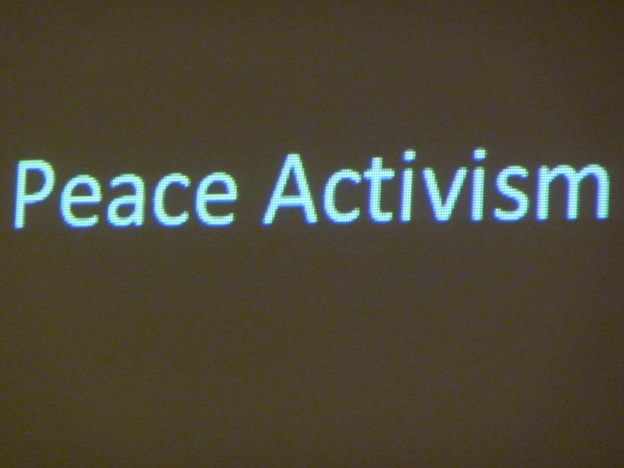 On the 21st of September, the world celebrates the United Nations’ International Day of Peace. The question is, will the South Caucasus celebrate peace as well?
On the 21st of September, the world celebrates the United Nations’ International Day of Peace. The question is, will the South Caucasus celebrate peace as well?
In 2014, Armenia and Azerbaijan will ‘celebrate’ the twentieth anniversary of the ceasefire agreement that ended the war, but froze the conflict over Nagorno Karabakh. 2014 is just two years on, and I wonder how big chances are that in 2014 a true solution to the conflict will be any nearer than in 1994? Frankly speaking, chances are slim, very slim. Even worse: chances of renewed warfare are way higher than let’s say ten years ago.
I’m afraid 20 years simply got wasted. Negotiations have not made any progress at all. Instead, hatred has grown, and less and less people believe in a peaceful solution. This is not a pity, or a shame; this is utterly WRONG! And dangerous. I believe that deep down in their hearts, no-one, apart from maybe a few opportunists at the top, wants a new war. However, people are ready for war, because they increasingly fail to see, or even worse, do not want to see, an alternative.
Who is to blame for this? For about 99% it is the political leadership in both Armenia and Azerbaijan, that clearly lacks the vision, political will and courage to find a peaceful solution. Why? That is a question they themselves should answer. Experts at home and abroad have come up with numerous scenarios leading to – in my view – acceptable compromises. Solving the conflict is not a matter of a lack of good ideas. It is a matter of choice.
People in Armenia, Azerbaijan, those currently living in or originating from Nagorno Karabakh are caught in a negative spiral. The warning signals all point into the same direction: unless each of the sides gives in, compromises – and ‘compromise’ sounds in the South Caucasus very much like ‘surrender’ – there will be war. Since this will not happen, both sides playing this chicken game will end up in a deadly crash. Give it two years or five years, maybe ten, and there will be war. War. Killing. Bloodshed. Tens of thousands people killed, hundreds of thousands threatened and on the run. Economies devastated. Cities bombed. Families destroyed.
I understand how propaganda works. It is based on fear and anger. Fear for ‘the other’, fear to loose what you have. Anger at the other, anger for what the other has or does, anger for what you don’t have because of the other. With a solid grip on all popular forms of media, the authorities control what people see and hear, and influence what they think and feel. The authorities have the choice and the power to prepare society for war or for peace. They obviously chose to prepare for war. No attempts whatsoever are made to diffuse tensions.
If the current situation is for about 99% to blame on the regimes in Armenia and Azerbaijan (and, de facto, in Nagorno Karabakh), what about the remaining 1 or 2%? That is the people themselves, and especially “civil society”, the organised part of society that could (or ought to) function as a counterweight to their own authorities. But they don’t. Yes, there are numerous (internationally supported) peacebuilding initiatives, expert meetings, people-to-people contacts. But that is not enough. The stuff they do, the things they say, are important and brave, but most of the time not going beyond the usual suspects, not reaching out to wider society, or even worse: are directed at an international audience. The EU has heard more talks and ideas about peace than the societies around them… I fear that, in many ways, most organisations lost contact with their surroundings, the society they work in. They do not manage to mobilise people against an approaching war.
Peace activists should be able to tell the truth to their society, that the conflict between Armenia and Azerbaijan is real and the road to a peaceful solution is difficult; that compromises are unavoidable, for both sides; that these are however the only option. They should convince the people that the only scenario that is not an option is – what a paradox – the one that is unfolding right now: the road to war. They should help their societies understand that a new war will not solve the conflict. Even in the unlikely case that one of the sides wins the war, it is even more unlikely that this victory will solve the conflict in the long run. It will only be another temporary victory, a next phase in the conflict that adds a new layer of pain and resentment, and new calls for revenge. That is the road to destruction.
During the hights of the war over Nagorno Karabakh in the ninetees, civil society activists played an key role in ending the war. They organised cross-border Peace Caravans, arranged the exchange of Prisoners of War, helped the Red Cross to identify Missing Persons. Of course times changed, and – thank god – the region is not in a situation of full war yet.
Still the deep question I am struggling with right now, as an activist and part of an international peace movement, is: WHERE IS THE PEACE MOVEMENT IN THE SOUTH CAUCASUS? What’s up with the silence? How many more wake-up calls are needed to realise that the time for further ‘analysis of the situation’ or ‘exploring possible peaceful solutions’ is over, and that it is time to act and mobilise people against the approaching war? More investments in the military? More reinforcements at the ceasefire line? More pardoned murderers?
No, people, enough is enough. It is time to make a stance, time to speak out, time to stop the war, before it stops you! 21 September, the International Day of Peace, is a good day to see the birth of a new peace movement in the South Caucasus. We saw the power of the people – once again! – in North Africa. I know that this power is also available in the South Caucasus, and can be used in a positive way to find a peaceful solution for a conflict that should have been solved long ago. If we start now, we actually may be a step closer to peace in 2014 than in 1994. No time to waste: peace activists of the world, unite! I wish you all a great International Day of Peace.
Guido de Graaf Bierbrauwer



